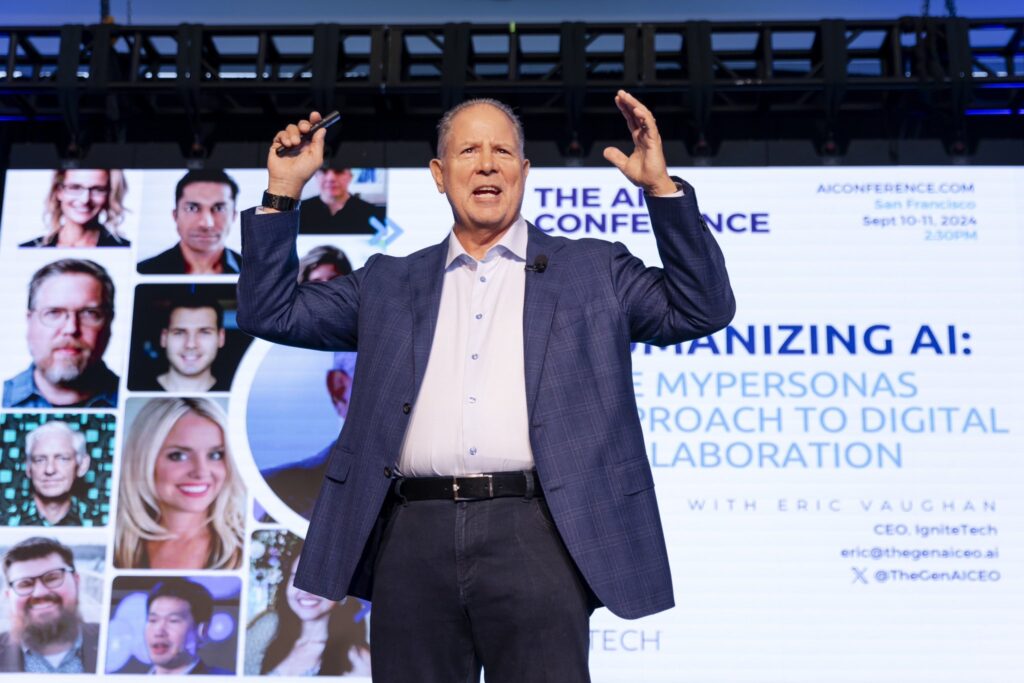Eric Vaughan, the CEO of IgniteTech, made a bold and surprising move two years ago. When his team did not accept artificial intelligence (AI) quickly enough, he decided to replace almost 80% of his staff with new workers who were excited about AI. It was a risky decision, but now Vaughan says he does not regret it at all.
At first, many people at IgniteTech were worried. Some feared they might lose their jobs to AI, while others didn’t trust that AI could really help their work. Even after offering training, some employees refused to use AI tools or even worked against the changes. Instead of spending more energy convincing them, Vaughan began hiring new ‘AI specialists’ who already believed in using AI for business.
This major shift touched every part of the company, including sales and finance. Vaughan even hired a chief AI officer, Thibault Bridel Bertomeu, and changed the company structure so that every team reported to the AI division. The idea was to get everyone sharing ideas and working together, instead of in separate groups.
Moving so fast was expensive and tough. Vaughan admits, “It was harder to change minds than to add skills.” But by the end of 2024, IgniteTech had created two brand new AI products, including an email platform called Eloquens AI. The company kept strong profits and even made a big acquisition during this time.
Research supports Vaughan’s experience: many workers resist AI out of fear or frustration with new technology. A recent report found that one in three employees has tried to block or ignore AI projects at work.
Vaughan’s story has an important message for the business world: Adopting AI isn’t just about installing new software. It’s about changing how people work and think. Some companies, like Ikea, choose to add AI to help staff, not replace them. Vaughan chose to build a brand-new culture focused on AI.
In the end, it shows every company faces tough choices as technology changes. The key, Vaughan believes, is to build a team that is going in the same direction, even if some hard steps are needed along the way.

